Stay up to date with everything happening at Ocala Healthcare. From company updates and community projects to award wins and new service launches, this is where we share our latest news and proudest moments as well as expert advice, heartfelt reflections, and honest perspectives on what it really means to make a difference.
Stay informed with our latest articles and news.
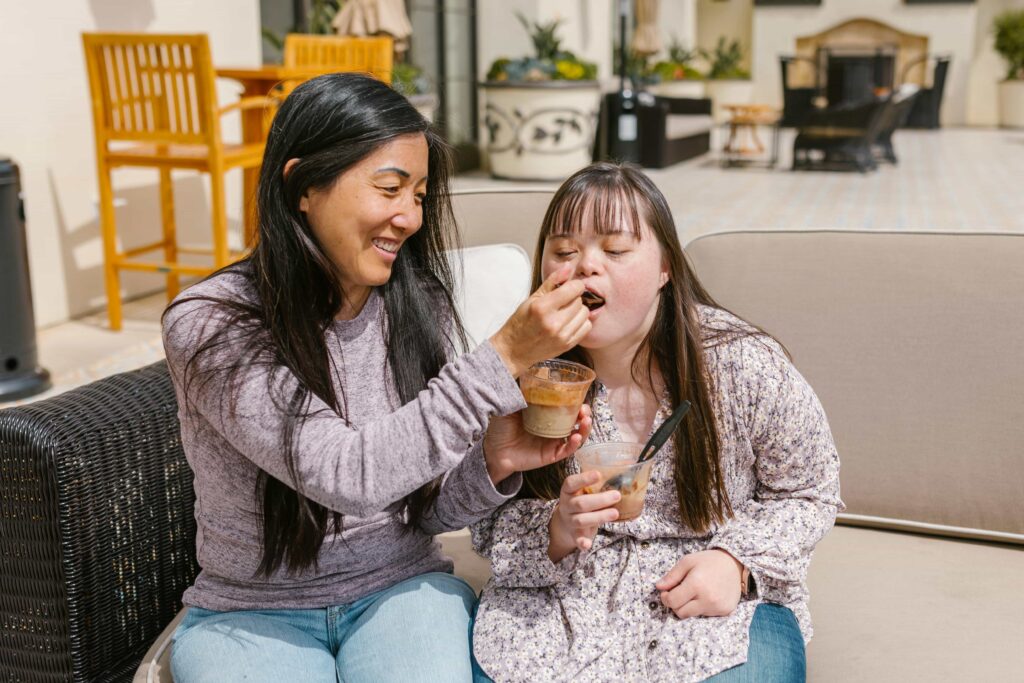

Ocala Healthcare has reached its seventh birthday. There have been many twists and turns along the way, and…

For individuals with complex healthcare needs, receiving care at home can offer comfort, stability, and independence that traditional…

When your loved one requires complex care, choosing the right home healthcare agency is crucial to ensuring they…

Autistic adults often experience the world through their neurodivergent ways of processing sensory input and information. Engaging in…

Going on an outing can be a wonderful way to enhance the well-being of someone who requires care,…

When a loved one requires complex care, the decision on how and where to provide it can be…

At Ocala Healthcare, we believe in celebrating the diverse ways in which individuals experience and interact with the…
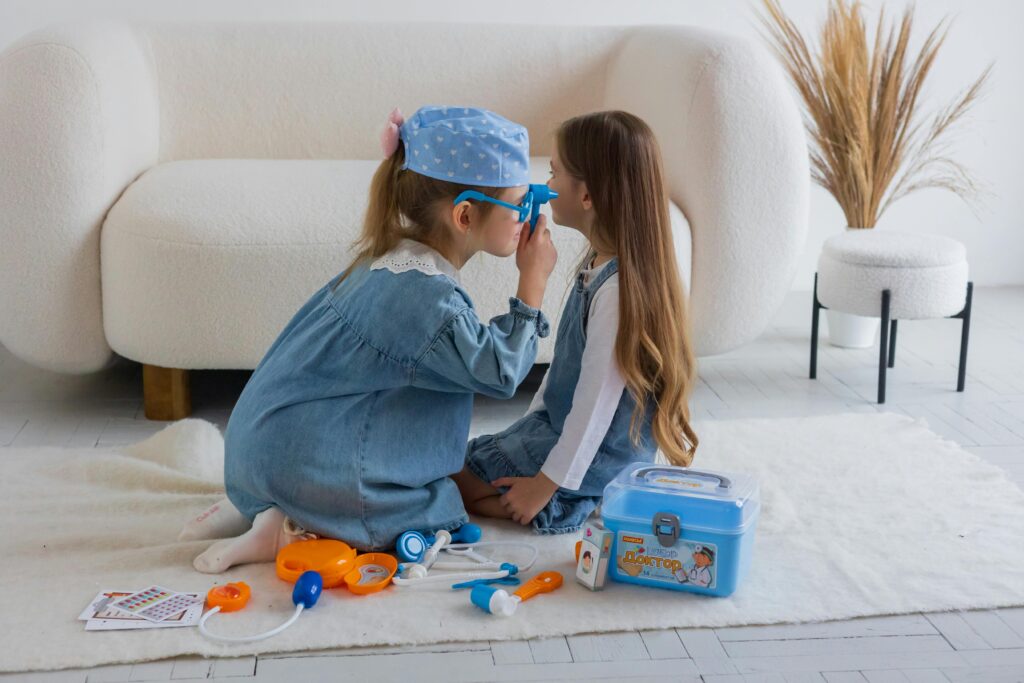
Complex care – often referred to as long-term or continuing care – is a specialised form of healthcare…

Providing 24-hour care for individuals with complex needs is a compassionate service that ensures consistent, person-centred support in…

A learning disability is a lifelong condition that affects how individuals understand, process and retain new information. The…

What do equality and diversity really mean?In simple terms, equality is about ensuring everyone has equal opportunities, and…

Ocala Healthcare is fast becoming a leading complex care provider in Suffolk. Our commitment to the people we…
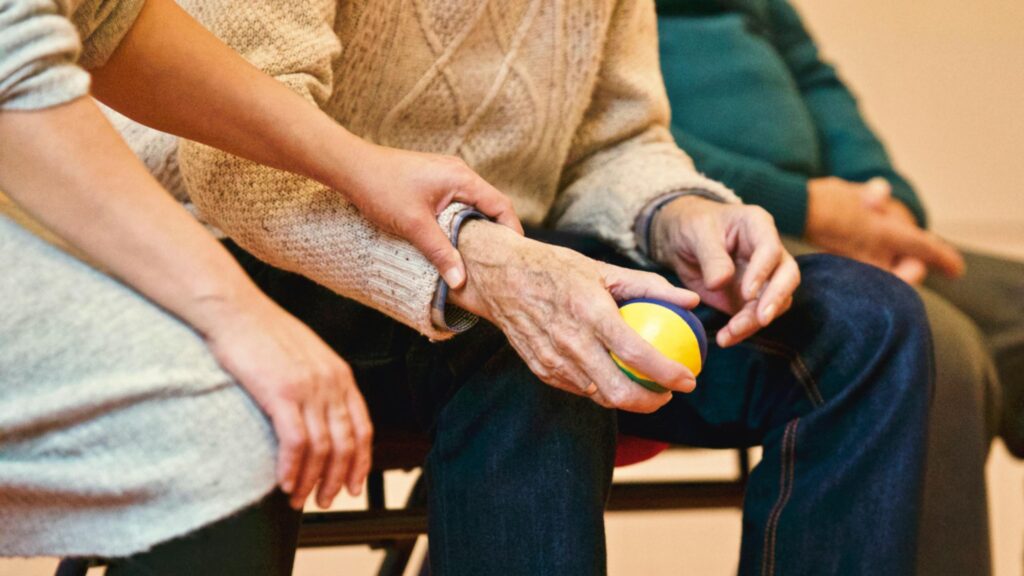
The Care Quality Commission (CQC) is the independent regulator of all health and social care services in England…

The Care Quality Commission (CQC) regulates all health and social care services in England – from care in…

Since launching as a care agency in 2017, Ocala Healthcare has evolved. While Ocala Recruitment continues to support…

At Ocala Healthcare, we believe our responsibility – as both a care provider and a team of individuals…

In November 2017, Ocala Healthcare began its journey with one bold ambition – to become a catalyst for…

Being a care worker is a huge responsibility. People quite literally place their lives and happiness in your…

If you’ve been following our content for a while, you’ll know that at Ocala Healthcare we make a…

When we tell people about our fourth value, we’re often met with confusion or laughter. “What on earth…

The highest rating a care provider can receive from the Care Quality Commission (CQC) is outstanding. The CQC…

A commitment to growthOur second value at Ocala Healthcare is simple – never stop learning. We believe that…

The first of our core values at Ocala Healthcare is to always give your best. It’s simple –…

On Thursday 11 November, more than 60 carers and care managers from across Suffolk came together for Ocala…

Care workers across Suffolk – and the UK – have worked throughout the COVID-19 pandemic with barely a…

Arthritis is often associated with older people, but what many don’t realise is that there are over 100…

I don’t think there are many people left in this world that haven’t heard Ed Sheeran’s “Castle On…

As the world takes time this week to raise awareness of mental health, it’s impossible not to reflect…
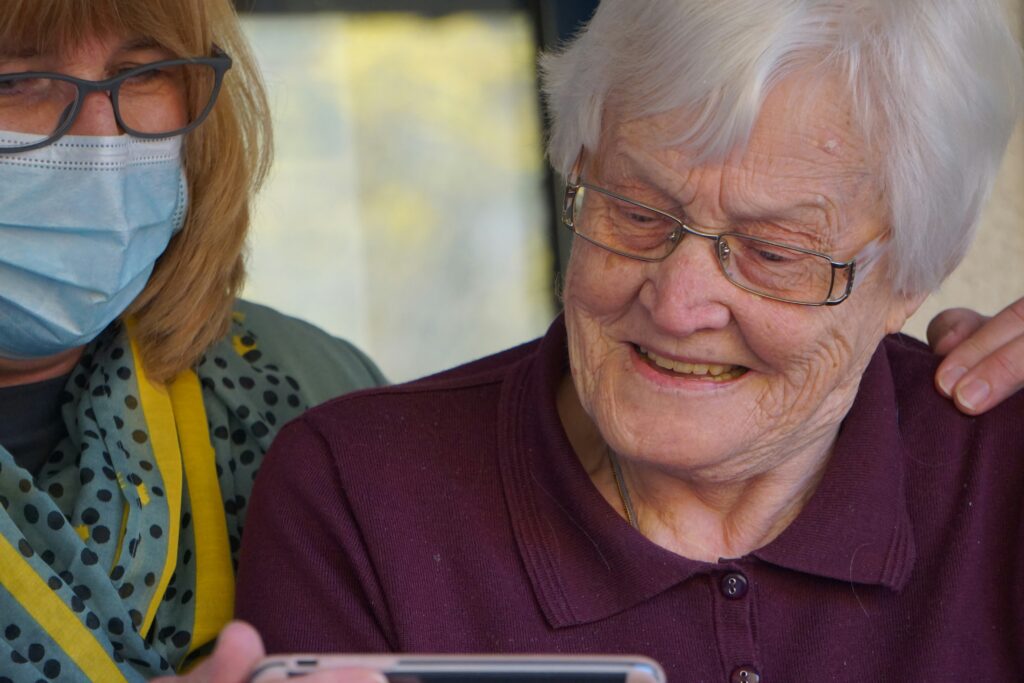
With COVID-19 continuing to take its toll, schools and public places have closed, supermarket shelves are often bare,…

For many, Christmas is the most joyful and exciting time of the year. It’s a chance to gather…

Empathy, integrity and reliability are the foundation stones of great agency care. Every day, we have the opportunity…

First of all – Happy New Year from all of us at Ocala Healthcare! It’s that time of…

One topic I feel incredibly passionate about is first aid. I genuinely believe that everyone should have at…

Loneliness is a deeply topical issue – and more and more people are asking, “What can I do…

Becoming a home care assistant in Suffolk was one of the most rewarding experiences of my time in…

Back when I had a pudding bowl haircut, I never imagined I’d end up working in healthcare. (And…

It’s that time of year when we all start piling on the layers and digging out the hot…

A fire in your home is sure to spoil the festive fun this Christmas! Here are our top…

With cold weather, shorter days, and the extra bustle of holidays, the festive season can bring unexpected risks…
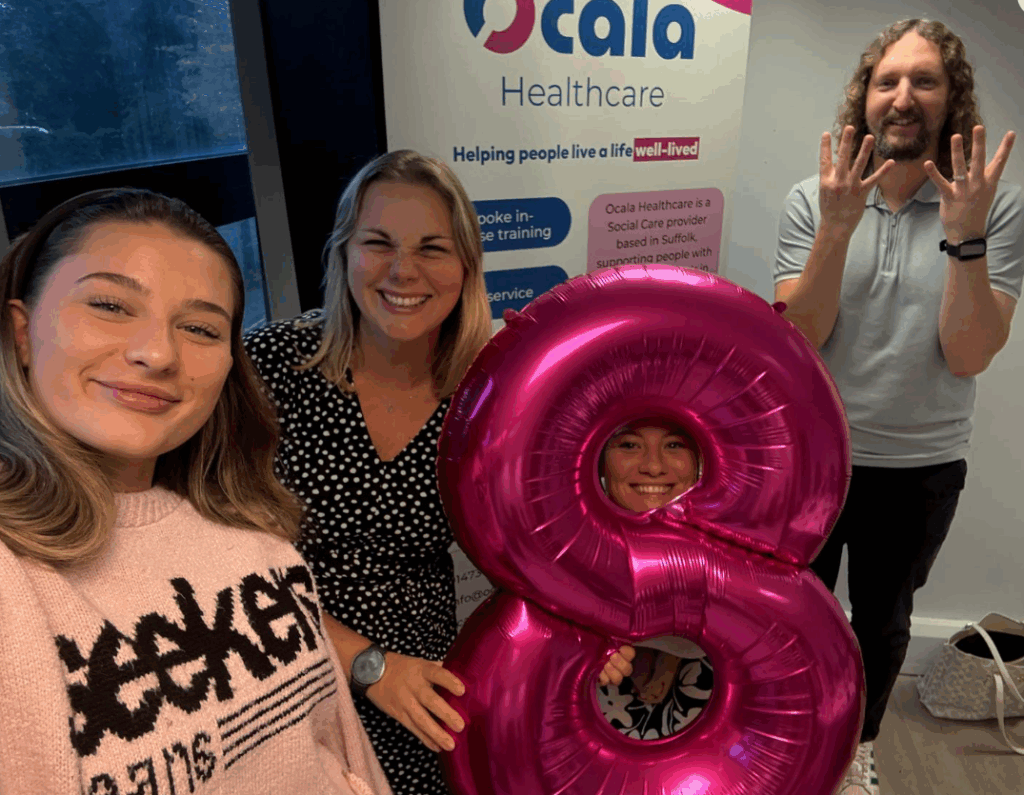
As 2025 draws to a close, I reflect on the year Ocala Healthcare has had with pride. As…

We understand that deciding on the safety and care of someone you love can feel overwhelming. At Ocala…

Finding activities that are not only enjoyable but feel safe for a loved one with dementia is important….

Whether you are planning to enjoy a weekend away in the Lake District, or want to go on…
The Care Quality Commission (CQC) is the independent regulator of all health and social care services in England – from care at home to hospitals and GP surgeries. It assesses whether services are safe, effective, caring, responsive and well-led.
In this blog, we explore how Ocala Healthcare is rated when it comes to one of the CQC’s key measures: being caring.
What does ‘caring’ mean to the CQC?
According to the CQC, the caring standard means they look for evidence that services involve people in their care and treat them with compassion, kindness, dignity and respect.
How does Ocala Healthcare ensure people are well treated and supported?
The CQC’s most recent report highlights how Ocala Healthcare promotes equality and diversity and supports people to express their views and make decisions about their care:
“The person receiving care and support had been involved in the planning and review of their care. They told us their privacy was respected and dignity promoted when supported with personal care.
Care records made clear what tasks the person needed support with and what they could do for themselves.
The registered manager took into account the need to respect equality and diversity in their care assessments and planning of support. Where people’s cultural background affected how they preferred care to be given, this was reflected in their care plan.
Staff were up to date with their equality and diversity training. There were systems in place to update staff on any changes to people’s needs or preferences.”
How does Ocala Healthcare promote privacy, dignity and independence?
The report continues with strong praise for the way Ocala’s team promotes personal autonomy and family inclusion:
“Staff gave examples of how they supported the person to maintain their independence in daily living skills, respecting rights and choices.
A relative told us, ‘The staff not only support [person’s relative] with their physical needs but also their emotional and mental health needs too. We have nothing but good things to say about how professional and helpful everyone is. [Person’s relative] and we feel part of the Ocala family as we work together to make sure [person’s relative] has the 24-hour care they need.’”
So, is Ocala Healthcare caring?
According to the CQC – absolutely. The report clearly shows that Ocala Healthcare meets the caring standard with compassion, dignity, and respect at the core of everything we do.
If you’d like to learn more about our services or join our growing team, get in touch today on 01473 241 211.